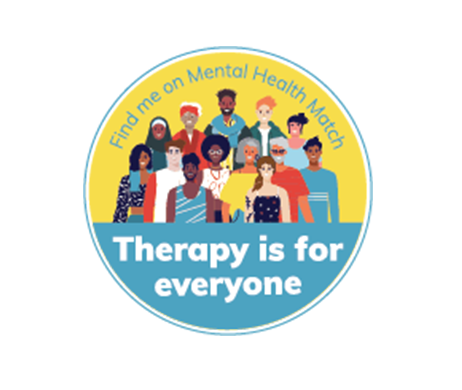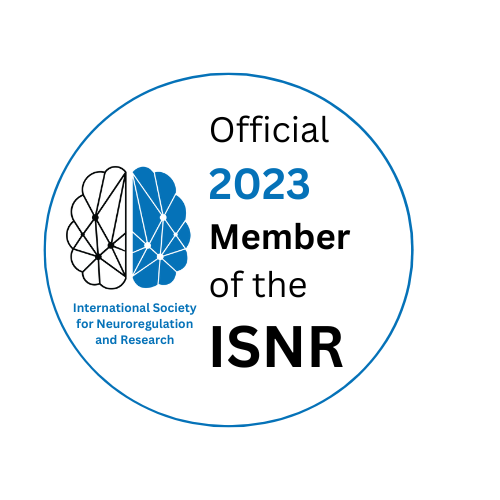Resources and Research Articles for Neurofeedback
Resources and Research Articles For Neurofeedback
ADHD
Behavioral Health
BrainFutures: An Efficacious Treatment for Behavioral Health https://www.brainfutures.org/wp-content/uploads/2021/04/brainfuturesneurofeedback-issue-brief-april-2021.pdf
Developmental Trauma
The Impact Of Neurofeedback Training On Children With Developmental Trauma: A Randomized Controlled Study https://pubmed.ncbi.nlm.nih.gov/32658503/
PTSD: A demand for neurofeedback as an effective form of treatment. Veterans experience a considerable course of posttraumatic stress disorder (PTSD), and because of several psychosocial issues, traditional interventions and traditional intervention settings are ineffective for this population. A new cutting-edge approach, known as neurofeedback, trains clients to control and manipulate their central nervous system and ameliorate physiological symptoms of stress disorders. The authors delineate how neurofeedback can be an effective and innovative intervention for PTSD experienced by the military population.
https://doi.org/10.1002/j.1556-6676.2014.00174.x
Free Ebook – The Answer
This easy to read E-book explains how Neurofeedback works. Click here to download your free copy: https://carltonneurofeedbackcenter.com/how-neurofeedback-can-help-you/
For many other studies: The International Society for Neurofeedback and Research maintains a comprehensive bibliography of research articles discussing conditions that are positively affected by neurofeedback by D. Corydon Hammond, PhD, Professor, Physical Medicine & Rehabilitation, University of Utah School of Medicine and D. Allen Novian, PhD, LMFT, LPC-S, Adjunct Professor, Neurofeedback and Biofeedback, St. Mary’s University. ISNR also has an editorial in defense of EEG biofeedback.
The Association for Applied Psychophysiology and Biofeedback published Evidence-Based Practice in Biofeedback and Neurofeedback (3rd ed.) which provides the most comprehensive and up-to-date evidence-based and neuroscientifically supported information on the subject. They also have more information for consumers.




